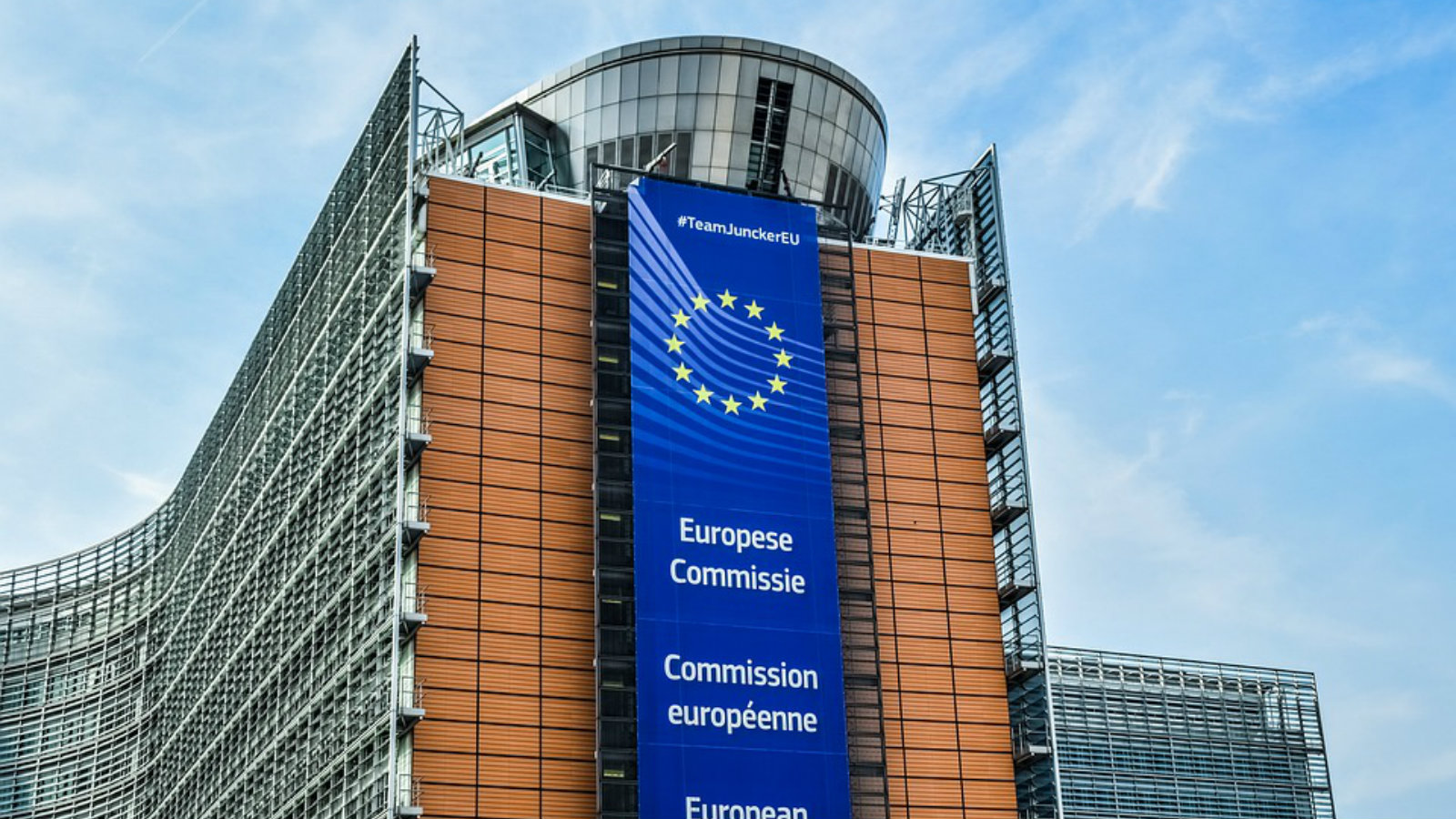
By Jakub Kalenský, for Disinfo Portal
Just weeks after the European Parliamentary elections, the European Commission (EU) has issued a report on the implementation of the Action Plan Against Disinformation. After the reports by researchers, NGOs, and journalists, this is thus far the only official document that addresses disinformation targeting the recent EU elections.
There is some good news in the document, but also some bad.
The good news is that EU institutions are finally realizing the gravity of the disinformation threat, outlining that “[T]here is no room for complacency and the fight against disinformation must continue. (…) More needs to be done to protect our Union’s democratic processes and institutions from manipulation and disinformation.”
This sense of initiative has certainly not always been present in Brussels and EU Member States have not always taken hostile disinformation seriously. The positive evolution of the EU’s mindset started with the introduction of the December 2018 Action Plan, and thankfully, it appears to continue.
Second, it appears that the EU is no longer afraid to directly name and shame the Kremlin as the most significant information aggressor in the West today. “[T]he evidence collected revealed a continued and sustained disinformation activity by Russian sources aiming to suppress turnout and influence voter preferences.” According to the document, the Russian campaign challenged the Union’s democratic legitimacy, and exploited divisive public debates on issues such as migration.
Third, it’s worth highlighting that some EU commissioners have not fallen for the trap of “domestic versus local” disinformation. As Commissioner Julian King said, although there was no distinct cross-border campaign, Moscow’s hand was still identified in what seems to be an “increasingly locally focused” campaign.
Finally, it is promising that the EU continues to pressure social media platforms and digital companies toward higher standards of transparency and cooperation, and that it is proposing regulation should they fail to adequately comply. The idea of “developing trustworthiness indicators for information sources in cooperation with media organizations” sounds interesting, and it would be beneficial to see this materialize as soon as possible.
However, journalists, researchers, and any citizens seriously interested in the problem of disinformation still lack many of the answers needed in order to talk about a serious defense against disinformation. If we do not know how many channels hostile actors control, how many messages they spread, and how many people they manage to persuade, how can we talk about proportional defense? These and other highly important questions are essential for discussing solid countermeasures.
There is only one tangible statistic in the report: East StratCom identified that pro-Kremlin sources spread twice the amount of disinformation compared to the same period last year. But East StratCom acknowledges that this number is just a small fraction of the disinformation messages spread by the gigantic pro-Kremlin disinformation ecosystem.
With this in mind, the report over-emphasizes the EU’s ability “to deter attacks.” The EU’s measures have definitely contributed to better exposure of the attacks, but because the amount of Kremlin-based disinformation has actually doubled in compared to last year, there is definitely no deterrence. The Kremlin is still as aggressive as it used to be.
Additionally, the report does not cover sources outside of the pro-Kremlin disinformation machine. As we have already described on the Disinfo Portal, the Kremlin is increasingly trying to involve “domestic” sources in the multiplication of its campaign. Before the elections, the European Commission had even admitted that Viktor Orbán’s campaign was based on disinformation (the narrative full of conspiracies about George Soros is something that is known very well from the Kremlin-controlled information ecosystem).
The EU report fails to cover the issue of domestic or non-state actors in any substantive way or provide any real solutions. Without first recognizing the threat of such sources, solving the problem is difficult. And if the citizens of the EU do not receive warnings about the sources involved in multiplying pro-Kremlin disinformation, they are unlikely to be able to identify which “domestic” sources propagate such material.
The number of disinformation cases identified by East StratCom has doubled, even though “Facebook disabled 2.19 billion fake accounts in the first quarter of 2019 and acted specifically against 1,574 non-EU-based and 168 EU-based pages, groups and accounts engaged in inauthentic behavior targeting EU Member States.”
This finding suggests not only that East StratCom now has a better capacity to identify disinformation, but it also that focusing solely on the platforms that spread the content will not solve the problem of the production of content in disinformation campaigns. “Millions of false, computer-generated user accounts, so-called bots, have been shut down. But a lot more must be done to find fake news,” said Commissioner Věra Jourová.
And then there is the Rapid Alert System (RAS). The EU praises the RAS operation system, citing an increased number of reported disinformation incidents on the platform as an improvement. However, contacts from EU Member States are less optimistic in private conversations: many countries apparently still lack their own monitoring systems for the disinformation ecosystem, and unofficial sources highlight that the RAS is barely used.
Despite the fact that the EU is pressing social media companies towards greater transparency, the EU’s own RAS is neither public nor transparent. Journalists and researchers cannot check what disinformation incidents are (or aren’t) reported on the system, which member states are active, and which countries simply ignore the issue. Civil society cannot press its own authorities to start taking the problem seriously without a more transparent system.
It is good that the EU is aware of some of the gaps. The document warns against complacency and emphasizes that the threat of disinformation is evolving. It is now necessary to see specific steps from the EU that would fill the gaps and answer the unanswered questions, which would in turn give us more detail about the hostile actors behind the disinformation campaigns.
Thanks to the Robert Mueller investigation, American authorities can indict and punish the individuals responsible for the massive disinformation campaigns. Despite having longer experience with Kremlin aggression, neither the EU nor its member states seem be considering a similar investigation. Without official inquiry, there can be no punishment—and without punishment, the aggressor has no reason to stop its aggression.
By Jakub Kalenský, for Disinfo Portal




